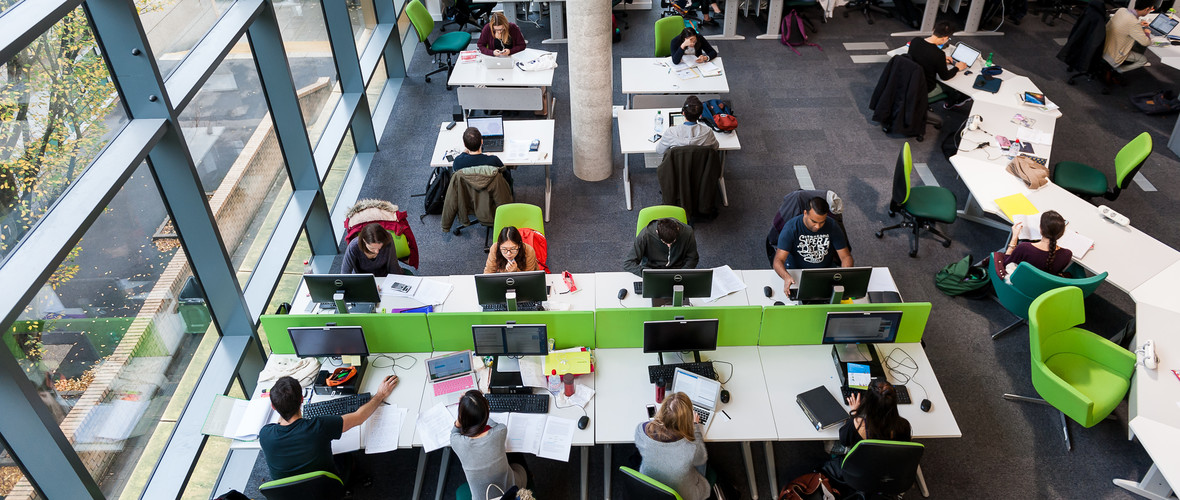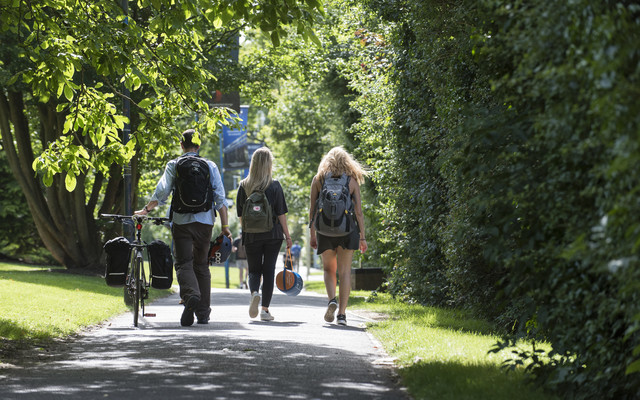Procrastination, it happens to everyone. It is so easy to become distracted and end up wasting precious time when you really needed to do some work. In this blog, I will go through 10 ways that I have found useful to help stop procrastination.

1- Plan your time
Dedicate time in your calendar for studying and non-study related activities. This will help you separate the time in which you need to study and the time where you can relax, without feeling guilty.
I use Google Calendar for lots of reasons:
- I can have all my calendars in one (e.g. University Timetable, and my personal calendar).
- I can easily distinguish between different events and activities using colour coding.
- I have access to it on both my phone and laptop- it’s always with me!
- You can add reminders, and to do lists within the calendar- everything is in one place.
2- Reduce distractions
At University it can be so easy to become distracted whilst your studying. Here are a few tips to help reduce distractions:
- Mute your phone- put it to the other side of the room.
- Sit somewhere where you are comfortable.
- If you’re studying in your flat or other student accommodation- shut your door to prevent distractions from others walking by.
- If you like to study with music, have a playlist where you won’t be checking and skipping songs every few minutes. There are lots of study playlists all pre-made online!

3- Set yourself deadlines
Setting yourself mini deadlines can help you to move forward with your work, and get it done! It gives you something to aim for and feel that you have not wasted your day.
4- Motivation
Being motivated to study is a great starting point to prevent procrastination. Although easier said than done at times in the semester, here are a few ideas to increase your motivation:
- Think about your previous achievements or successes (e.g. a previous piece of work that you have completed, a grade that you have received, or more personal achievements).
- Share your goals with your peers!
- Try group work or studying together in the library.
- Find your own strategy!

5- Healthy lifestyle
Think about what you’re eating and drinking- consider choosing healthier options. Going for a walk, the gym or a sports related society can also be beneficial. Having a healthy lifestyle can have a significant impact on your outlook of study!
6- Work at the best time of day for you
Some people find that they study best early in the morning, others study best in the evening. Find the time that works for you, don’t try to study at a time where you already know that you will procrastinate.
7- Break down your workload
Having a list of assignments, and exams to prepare for is daunting for anyone, and can very easily put you off… resulting in procrastination.
For example, when I have an essay to write, I break it down like this:
- Essay plan. Think about some key headings.
- Find information for each heading (remember to keep your references- copy and paste the website or note down the page of the book)
- Have a go at writing a first draft for each heading. It doesn’t have to be perfect, just get something down. I find it easier to reference as I go- otherwise I know that I’ll always have something missing and I’ll be trying to find a reference retrospectively. This means adding your in-text citation, and having a list of references at the end.
- Go back through what you’ve wrote, and edit, edit, edit!
- Keep an eye on the word count!

8- Set the scene
Think about where you study best… do you study best in your room, in the library, or in other places on campus? In your first few weeks of University, try studying in different places and see which suits you best. For ideas, take a look at my blog on Study spaces at University!
9- Take breaks
It can be easy to over look breaks if you think, ‘I don’t have enough time to have a break’. However, a break can help increase your productivity when you are studying, therefore saves you time! Other benefits include the reduction of stress and anxiety. Think about what you like to do on your breaks, there are lots of ideas online!
10- Reward yourself
When you’ve finished the studying you’ve planned to do, it is important to reward yourself. Ideas include: spending time with your friends, going on a shopping trip, going for a walk, watching a film/show, and anything at all that you enjoy.

This blog has gone through 10 ways to help prevent procrastination, but there are so many other ways! Everyone is unique and will find strategies of their own. If you have other tips to help stop procrastination- share them with your friends and course mates!
While you’re here, why not take a look at Sarah’s blog on Simple things that don’t cost you anything!
